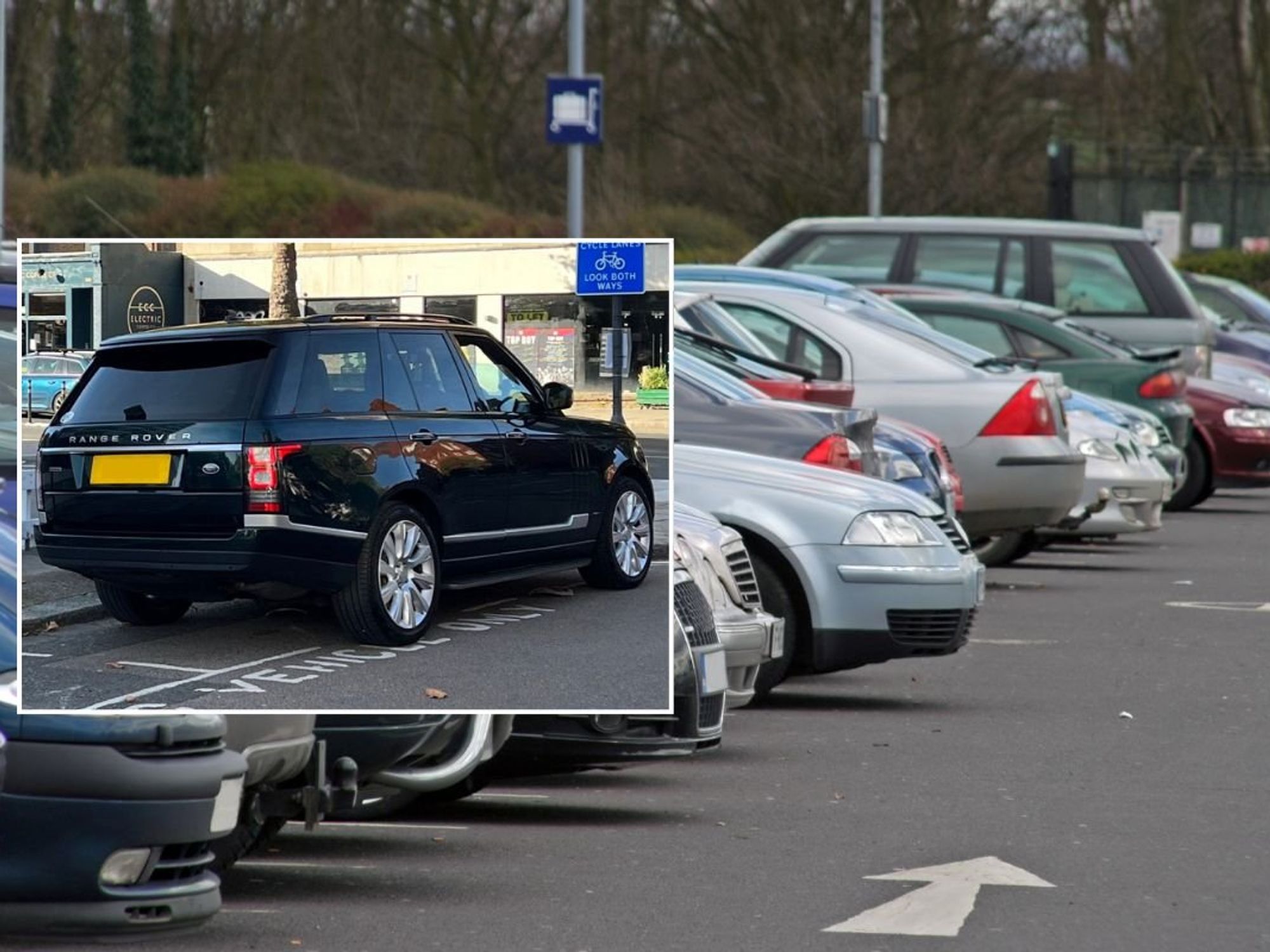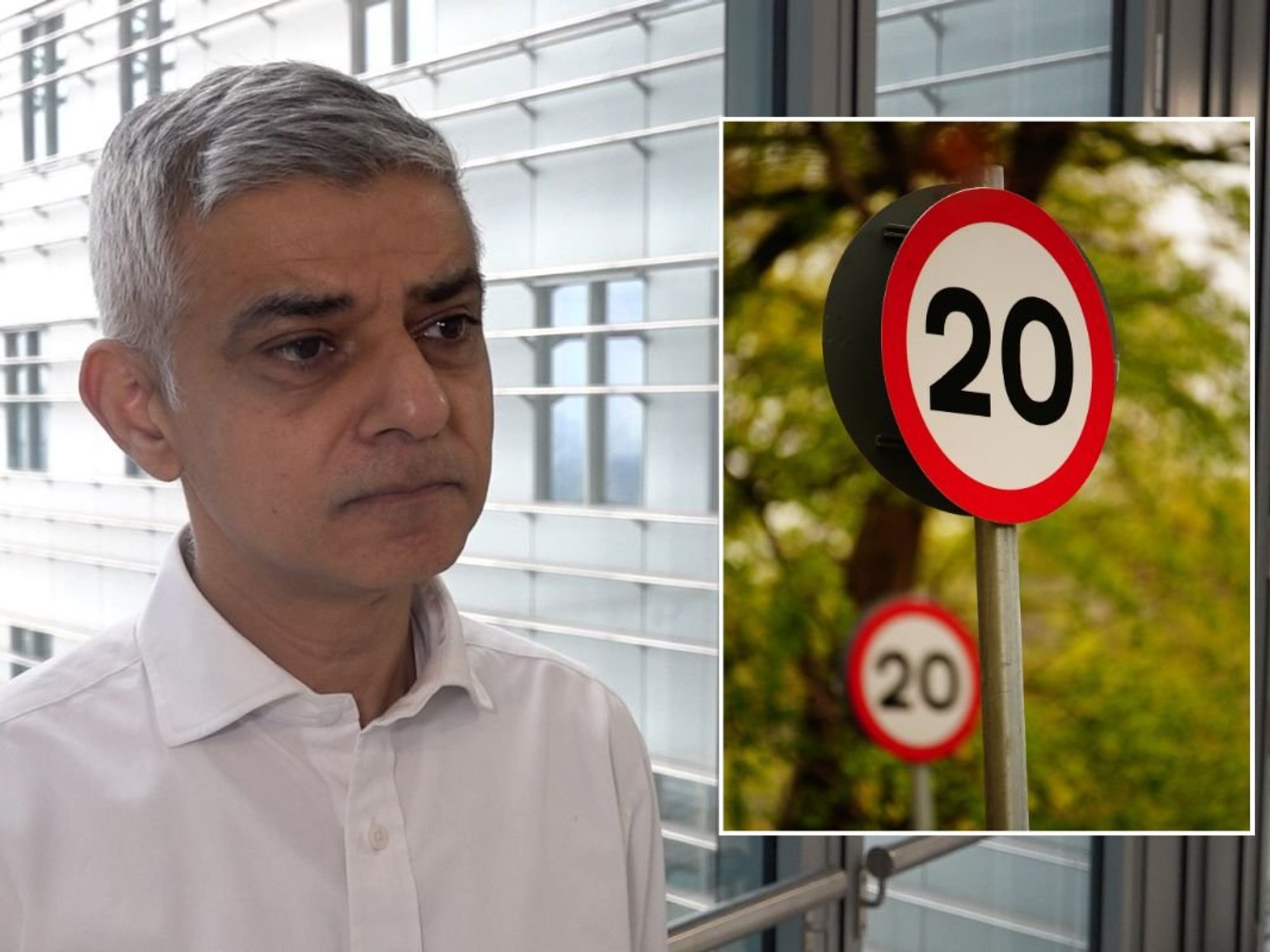Inheritance tax warning after as 'greatest threat' to keeping family wealth explained

Families in Britain are been hit by huge inheritance tax bills | Pixabay

Inheritance tax is no longer a threat to just ‘wealthy’ families
Don't Miss
Most Read
Families in Britain are being battered by “hefty” inheritance tax bills as the Government raked in £5.3billion in IHT receipts in the months from April to December 2022.
Figures released by HMRC show the Treasury cashed in £700million more last year than in the same period a year earlier.
The increase seems to be caused largely by years of surging house prices, particularly in London and in the South East – which pushed families who wouldn’t consider themselves wealthy, over the threshold.
Inheritance tax of 40 per cent is usually applicable if someone’s asset exceeds £325,000 after deducting any liabilities, exemptions and reliefs.
In 2019/20 the average IHT bill was £216,000, according to research by Wealth Club, but the average could reach £304,567 by 2025-26 and £345,084 by 2027-28.
Research shows that the increase in IHT is due to rising house prices
Victoria Jones
However, with little planning there are “a number of perfectly legitimate ways to reduce your liability” says Alex Davies, CEO and founder of Wealth Club.
“Contrary to popular belief, inheritance tax doesn’t just affect the super-rich, many who would not consider themselves wealthy at all will also bear a considerable burden,” he said.
“Pensions can be passed on to the next generation relatively tax efficiently. The greatest IHT threat probably comes from where you least expect it: your ISA.
“Contrary to what many think, ISAs are not IHT free. So, if you do nothing, up to 40 percent of your long-term savings could eventually be eaten up by tax.
“An alternative is to invest in an AIM ISA, a managed portfolio of AIM shares that can be IHT free after two years. You still get the ISA benefits of tax-free income and growth for as long as you live, but you don’t need to worry about IHT on top.”
The tax expert explained that if people are willing to take more risk, they could consider investing in early-stage businesses through EIS and SEIS.
He said: "Not only are they very tax efficient, but also their money goes to entrepreneurial companies, which is great for economic growth and job creation.”
Other ways to reduce IHT bills include making a will - without it, a person’s estate will be shared according to a set of pre-determined rules.
Using a pension allowance can also be helpful in cutting IHT rates as they are not usually subject to IHT for those under 75 years old.
In addition, setting up a trust can mean money falls outside an estate if the person lives for at least seven years after establishing the trust.
However, related taxes and laws are complex so a person should seek specialist advice if they opt for this saver.
A tax expert has shared some tips for reducing inheritance tax for families
Joe Giddens
The Enterprise Investment Scheme (EIS) and the Seed Enterprise Investment Scheme (SEIS) also offer tax reliefs, such as up to 50 percent income tax, capital gains reliefs, and loss relief if the investment doesn’t work out.
Other options include gift allowances, where every year individuals can give up to £3,000 away tax-free.
And if people didn’t use it last year, they can combine it and pass on £6,000 as well as giving £250 each year to however many people they wish.
Finally, those who leave at least 10 per cent of their net estate to a charity could get a discount on the IHT rate.












